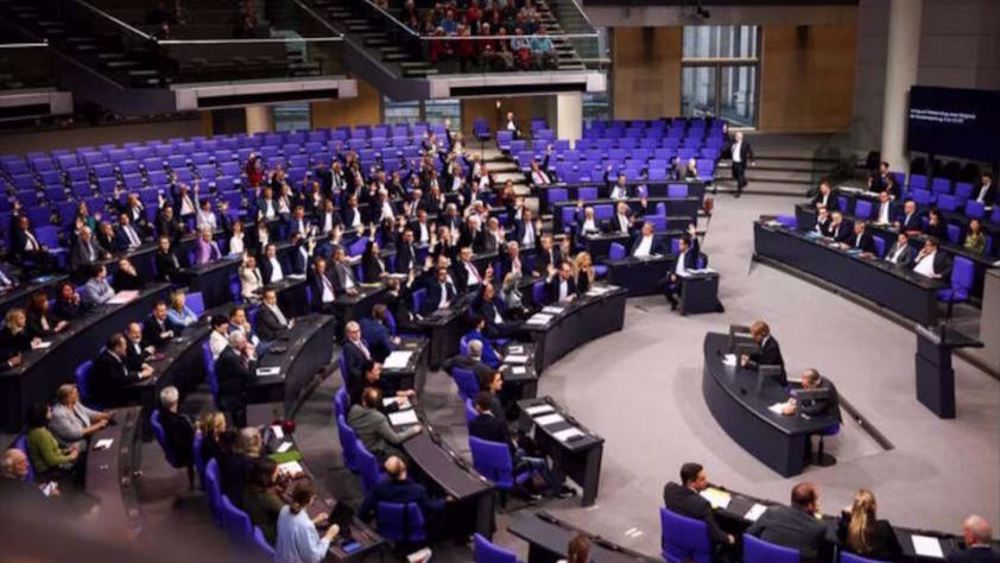Merkel urges Germans to counter terrorism through unity
Germany's Chancellor Angela Merkel has described terrorism as the biggest challenge facing the country in 2016, calling on her compatriots to face down the scourge through solidarity and humanity.
In her annual televised address broadcast on Saturday, Merkel said 2016 had been "a year of severe tests," the toughest of them undoubtedly being extremist terror.
She also urged Germans to stick to democratic values in the face of terror and counter with compassion and cohesion "murderers who are full of hate."
“We are stronger together. Our state is stronger. Our state is doing everything to guarantee its citizens security in freedom,” she added.
The German chancellor further vowed swift government action in 2017 "where political or legal changes are necessary."
Germany was rocked by a series of deadly attacks in 2016.
On July 18, an alleged teenage asylum-seeker went on an axe rampage on a train in the German city of Wuerzburg, severely wounding four people and injuring a woman. The Daesh terrorist group claimed responsibility for the assault.
Less than a week later, a Syrian allegedly set off his explosives outside a bar in the city of Ansbach, wounding 15 people.

Most recently, a Tunisian man was reported to have driven a truck into crowds of people at a Christmas market in Berlin, killing 12 people. Daesh claimed responsibility for the December 19 assault.
In her remarks, Merkel acknowledged it was "bitter and sickening" that the three attacks were carried out by asylum seekers, but defended her open door policy on refugees.
Anti-refugee demos banned in Cologne
On Friday, German police banned planned anti-refugee demonstrations by the right-wing groups of Alternative for Germany (AfD) and National Democratic Party of Germany (NPD) in the city of Cologne.
Cologne police chief Juergen Mathies said the ban was imposed due to "security reasons.”
The city allegedly witnessed a string of sexual assaults and robberies on New Year's Eve by mobs of mostly North African men last year. Alleged victims filed 1,222 criminal complaints, among them 513 for sexual assaults.
Germany, one of the most popular destinations for refugees, has recently seen the rise of far-right groups opposing the entry of those who are fleeing conflict zones in Africa and the Middle East, particularly Syria.
Israel’s aggression inflicts $8.5 billion in economic losses on Lebanon: World Bank
Hezbollah attacks Israeli military bases in Tel Aviv, Haifa
Hezbollah strikes multiple Israeli targets in fresh retaliatory operations
VIDEO | New Zealand: Maori MPs protest in parliament with Haka war dance
Pezeshkian: World has come to believe Iran seeks peace, security
Houthi: US bombs inflame, escalate wars of extermination in West Asia
VIDEO | Press TV's news headlines
UN report says Israel’s methods in Gaza align with ‘genocide’














 This makes it easy to access the Press TV website
This makes it easy to access the Press TV website